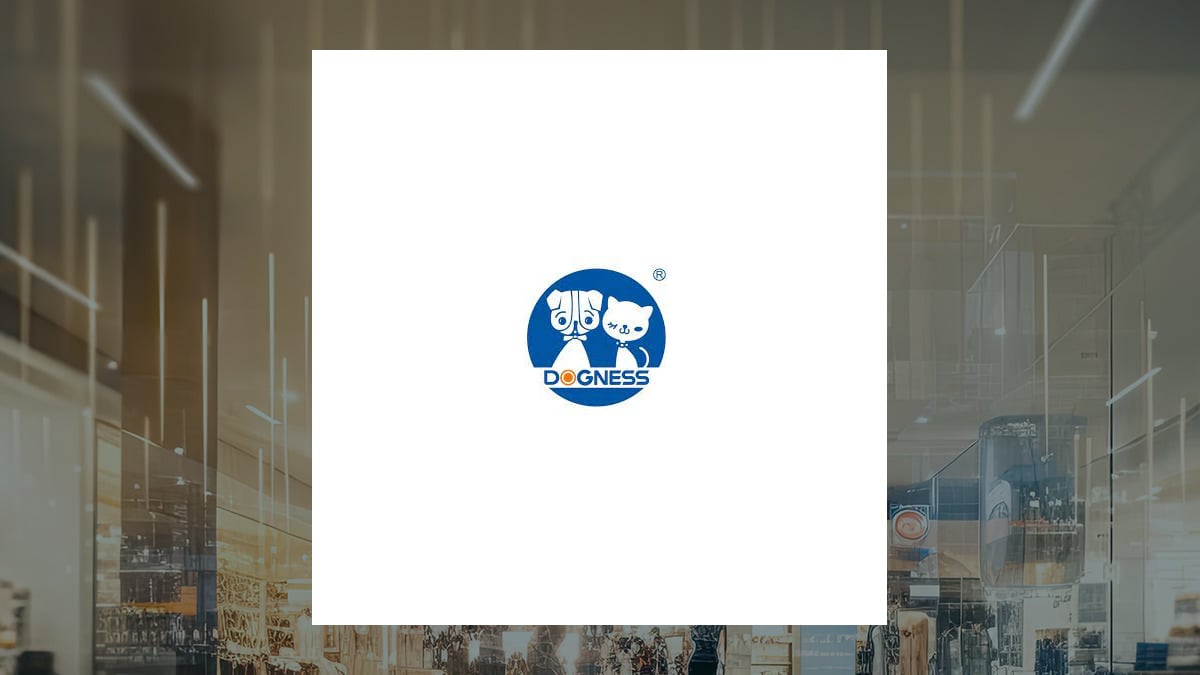In the ever-changing business landscape, understanding current market trends is essential for companies aiming for sustainable growth. The ongoing impact of the COVID-19 pandemic has accelerated changes in key areas, including digital transformation, sustainability, and evolving work models. This article examines the critical trends that are reshaping industries worldwide and offers insights into how businesses can adapt and thrive in this new environment.
The Shift Towards Digital Transformation
The COVID-19 pandemic served as a powerful catalyst for digital transformation, forcing businesses to rapidly pivot to online channels. Companies that had previously hesitated to adopt digital technologies found themselves in a race to catch up. Insights indicate that digital transformation has transitioned from a trend to a necessity. Organizations are increasingly investing in customer relationship management (CRM) systems, artificial intelligence (AI), and data analytics tools to enhance customer experiences and streamline operations. Innovative solutions such as augmented reality (AR) product demonstrations and blockchain for supply chain transparency are also gaining traction.
Sustainability Becomes a Core Strategy
Sustainability has evolved from a buzzword to a fundamental aspect of business strategy. Consumers are increasingly making purchasing decisions based on a brand’s environmental and social responsibility. Companies that prioritize sustainable practices—ranging from reducing emissions to ethical sourcing—are enjoying heightened customer loyalty and improved brand equity. Current market trends reveal that investors are focusing on Environmental, Social, and Governance (ESG) criteria when evaluating potential investments, further pressuring businesses to adapt their practices.
Many organizations are actively seeking certifications and partnerships that underscore their commitment to sustainability, reflecting a significant shift in how companies approach their operations.
The Rise of Remote and Hybrid Work
The traditional office-centric model has undergone a significant transformation, with remote and hybrid work becoming the standard for many organizations. Research shows that companies embracing these flexible arrangements have experienced boosts in productivity and employee satisfaction. To succeed in this new work environment, businesses must innovate in communication technologies and project management tools. Furthermore, fostering an inclusive company culture that transcends physical locations is essential for maintaining team cohesion and morale.
Consumer Behavior Shifts Toward Authenticity
Today’s consumers are more informed than ever, demanding authenticity and transparency from brands. They value genuine interactions and ethical practices, prompting businesses to invest in storytelling and authentic marketing strategies that resonate with their target audiences. Social media platforms play a crucial role in shaping public perception, with user-generated content and influencer partnerships becoming vital components of marketing strategies. Companies are increasingly recognizing the importance of building trust and rapport with consumers through these channels.
The Role of Data-Driven Decision Making
In an age where data reigns supreme, organizations that harness analytics can gain a competitive advantage. The ability to analyze customer data, market trends, and operational efficiencies empowers businesses to make informed decisions that promote growth. Companies are increasingly turning to advanced data analytics tools and machine learning algorithms to extract valuable insights from vast datasets. These technologies enable businesses to predict trends, personalize customer experiences, and identify new market opportunities.
The Emergence of Subscription Models
The subscription model is revolutionizing various industries, allowing businesses to establish recurring revenue streams while fostering lasting customer relationships. From Software as a Service (SaaS) to retail, companies are leveraging subscriptions to meet consumer preferences for convenience and personalization. Alongside this trend, the experience economy is gaining momentum, with consumers prioritizing experiences over material goods. Businesses that can create immersive and engaging experiences—through events, community initiatives, or unique product offerings—are likely to thrive in this evolving landscape.
As the business environment continues to change rapidly, organizations must remain agile and informed to stay ahead. By embracing digital transformation, prioritizing sustainability, adapting to new working models, fostering authenticity, leveraging data insights, and innovating revenue models, companies can successfully navigate today’s complex market landscape. The trends discussed in this article will not only shape consumer experiences but also redefine the paths to business growth and success. Adapting to these shifts will be crucial for organizations aiming to achieve longevity and relevance in an unpredictable world.







